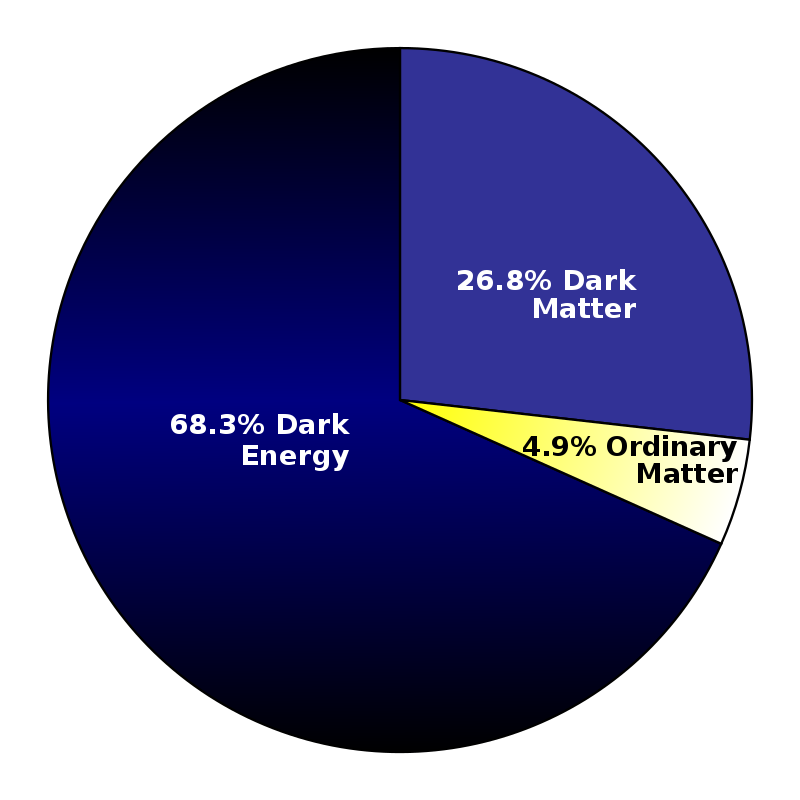Native
Free Natural Philosopher & Comparative Mythologist
OP: Mythical, medieval and modern cosmology.
Video Abstract:
Today we find ourselves in a state of impasse in cosmology, a state very reminiscent of the early Greeks who conducted though experiments in favour of doing practical work. In this episode we will follow the evolution of cosmology through the eyes of Hannes Alfven. Hannes Alfven won the nobel prize in 1970 for his work on plasma physics. We will exploire his ideas on why we find ourselves in such a state and understand his vision for the future of cosmology.
My comment:
The authors argument of the first cosmological stories and "the further the story travelled, the more uncertain a story became", doesn´t really hold waters. The first human cosmological stories are basically STILL very similar and certain.
It´s more the later historic and modern humans who are being more and more uncertain of the cosmological extends and meaning in the ancient cultural Stories of Creation, which all were and still are very similar. If the meaning in these old stories frequently have been retold and remembered, I bet the standing cosmological confusions never would have taken place.
All the ancient stories had LIGHT = Electromagnetic Frequencies to be the creative and cyclically recreative power, so an "Electric Universe" isn´t a modern invention at all.
BTW: Our ancestors didn´t have any stories of a beginning of the entire Universe, as their telling "only" concerned the pre-conditions and factual creation of the Milky Way galaxy and the Solar System, and besides this, they had the creation cycles to be eternal everywhere.
Sarcastic excerpt: Mathematics can be used to describe not understood cosmological observations, thus leading the scientists and everyone else further and further astray without having any logical connections to the real world.
Regards
Native
Video Abstract:
Today we find ourselves in a state of impasse in cosmology, a state very reminiscent of the early Greeks who conducted though experiments in favour of doing practical work. In this episode we will follow the evolution of cosmology through the eyes of Hannes Alfven. Hannes Alfven won the nobel prize in 1970 for his work on plasma physics. We will exploire his ideas on why we find ourselves in such a state and understand his vision for the future of cosmology.
My comment:
The authors argument of the first cosmological stories and "the further the story travelled, the more uncertain a story became", doesn´t really hold waters. The first human cosmological stories are basically STILL very similar and certain.
It´s more the later historic and modern humans who are being more and more uncertain of the cosmological extends and meaning in the ancient cultural Stories of Creation, which all were and still are very similar. If the meaning in these old stories frequently have been retold and remembered, I bet the standing cosmological confusions never would have taken place.
All the ancient stories had LIGHT = Electromagnetic Frequencies to be the creative and cyclically recreative power, so an "Electric Universe" isn´t a modern invention at all.
BTW: Our ancestors didn´t have any stories of a beginning of the entire Universe, as their telling "only" concerned the pre-conditions and factual creation of the Milky Way galaxy and the Solar System, and besides this, they had the creation cycles to be eternal everywhere.
Sarcastic excerpt: Mathematics can be used to describe not understood cosmological observations, thus leading the scientists and everyone else further and further astray without having any logical connections to the real world.
Regards
Native

